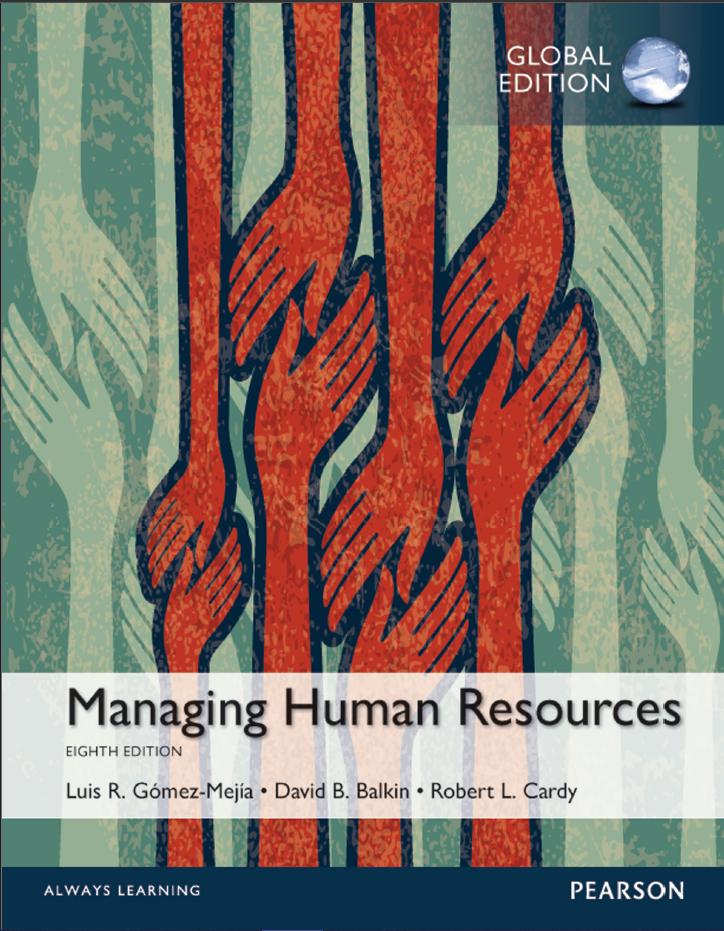Do you think that workers who complain against employers for FLSA violations may hurt themselves in the
Question:
Do you think that workers who complain against employers for FLSA violations may hurt themselves in the marketplace because other firms may refuse to hire them? If you were in Mr. Morimoto’s shoes, what would you have done? Explain.
Alleged violations of the Fair Labor Standards Act (FLSA) are on the increase. For instance, in a recent year:
• More than 31,000 complaints were registered against employers.
• More than 342,000 employees received back wages.
• Back wages (not including penalties) totaled more than $200 million.
• More than 70 percent of the violations were initiated by an employee complaint.
Another report notes the following recent cases and settlements where the company allegedly misclassified some employees as exempt so it would not have to pay them overtime:
• Caribou Coffee agreed to pay $2.7 million in a suit initiated by three former employees who alleged the company misclassified retail coffeehouse managers as exempt.
• Starbucks paid an $18 million settlement to coffeehouse managers. Another suit is ongoing.
• Farmers Insurance paid a $200 million settlement for failing to pay claims agents for overtime.
• Eckerd paid a settlement of $8 million for improperly docking the pay of employees misclassified as exempt.
• Cingular Wireless paid $5.1 million to call-center customer-service representatives entitled to overtime.
This same report indicates that FLSA cases are outnumbering employment discrimination class-action cases.
Let’s Take a Look at a Specific Case
Pacific Software Publishing Inc., a Bellevue, Washington, company that translates English software into Japanese, hired Hidetomo Morimoto to serve as translator. Morimoto says he was soon working 60-hour weeks without getting any overtime pay, even though he sometimes worked until 1 a.m. in the morning.
When he lost his job after complaining online about Japanese firms taking advantage of their employees’ strong work ethic, he sued Pacific Software for the overtime pay he believes he is owed. The company contends that Morimoto’s extra hours were spent on personal matters and has filed a countersuit for defamation.
Pacific Software Publishing Inc. is not alone. In one suit, several former salesmen accused Oracle Corp. of failing to keep accurate time records of their work in order to avoid paying them overtime. A former IBM technician has sued IBM, alleging that managers asked him to manipulate his time cards to reduce overtime pay. The technician, Ray Wheeler, says he was laid off when he complained.
Labor suits for overtime pay such as these are hitting technology outfits—from startups to mature companies—in waves.
“Wage-and-hour class-action lawsuits have now invaded high-tech in the valley,” says Lynne Hermle, an attorney representing several companies.
One result is the kind of wage-and-hour suits previously seen in such old-line industries as retailing and hotels. “Reality has set in,” says Harvey Sohnen, a labor attorney in Orinda, California. He says that “many tech workers are net slaves, putting in unconscionable hours and getting nothing but ashes in their mouth . . . Now they just want to get paid.”
Step by Step Answer:

Managing Human Resources
ISBN: 9781292097152
8th Global Edition
Authors: Luis R Gomez Mejia, David B Balkin, Robert L Cardy





